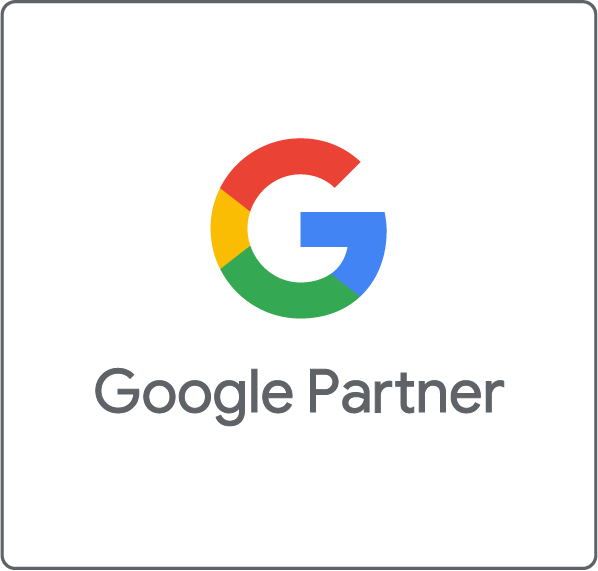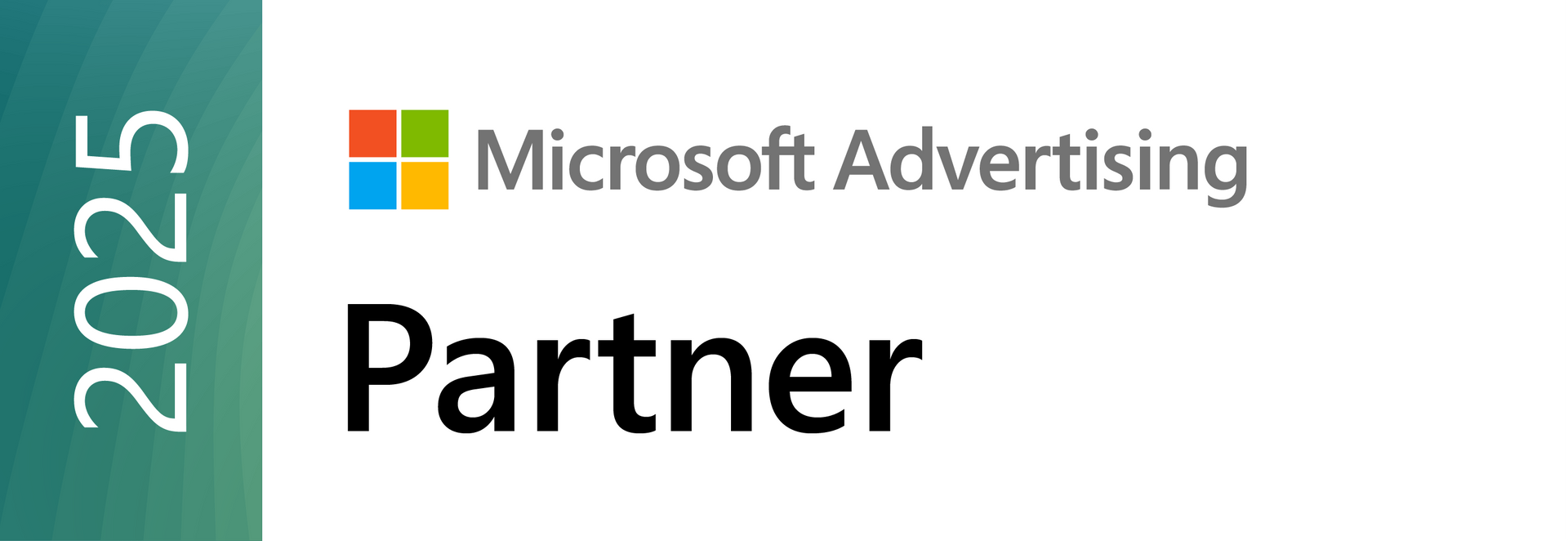If done right, Google Search Ads can be a very lucrative method of generating new business for many advertisers.
Introduction
Think of it, your ads appear when people are searching for your products or services. Not only are they interested in what you have to offer, but they are also actively researching it and might be ready to convert. Google Ads are extremely powerful, however, there are three common mistakes we see time and time again that can really hinder the campaign performance and could cost you as an advertiser lots of wasted ad spend. This article will explain these three pitfalls and how you can ensure you avoid making these mistakes with your own campaigns.
Pitfall 1: Keyword Match Types
With a Google Search campaign, your keywords tell Google what you want to target. Match types are identifiers that are combined with your keywords to give Google more insight as to when you want your ads to appear. There are three match types that you can use to ensure that your targeted keywords will show for the right search queries. . These are broad match, phrase match and exact match. Broad Match Modifier is a match type that is being phased out and will be unsupported by Google in 2021.
Broad match keywords are the broadest option, and they allow Google to show your ads for any search term they deem is relevant to the keyword you’ve selected. For example, if your keyword is women’s pants, your ads might show for the search query ‘ladies jeans’. These are great for generating a lot of traffic, but you might find you get a lot of irrelevant traffic with this option too. You need to keep a close eye on your search term report and stay on top of your negative keywords if you are using broad match keywords.
Phrase match keywords have quotation marks around the keyword (e.g. “women’s pants”). For this match type, Google will show your ad for any query that has the same meaning as your keyword. For example, a search term of ‘Brisbane women’s pants store’ will trigger the phrase match “Women’s pants” keyword. This is much more specific than the broad match type and gives you greater control over where your ads will show.
Exact match keywords have brackets around the keyword (e.g. [women’s pants]). For this match type, the exact keyword must be searched for your ad to show. This also includes close variants, like plurals or misspellings. This is the most specific keyword match type you can use, which means your search traffic will be extremely relevant to your keywords. Whilst this is a positive aspect, using the exact match type means that your traffic will likely be quite low (especially if you are using long-tail keywords). We normally recommend you use exact match types in conjunction with other match types to get the best results.
These can be extremely powerful when used correctly as they control the relevancy and volume of the traffic you’ll receive.
Pitfall 2: Conversion Tracking
Conversion tracking is one of the most effective ways to measure your campaign performance. If ignored, you have no way to tell whether your campaigns are achieving your desired goals. Conversion tracking might include people submitting an enquiry form on your website, making a purchase or making a phone call directly from your ad. You can set these up through Google Analytics, via your web developer or directly through the Google Ads platform (depending on which conversion you want to track). Once you have conversion tracking in place, you can see which keywords are generating the best return, and this will help you optimise your ad spend and increase your ROI.
For
ecommerce stores, it’s even more important to get ecommerce reporting set up, so that you can also measure the return or ad spend, or ROAS. Your transactional data, like products ordered and revenue will be tracked in Google Analytics. When you import your Google Analytics data to Google Ads, you will be able to see which keywords have resulted in sales, and which keywords result in higher-value sales, giving you lots of control in campaign optimisation.
Pitfall 3: Negative Keywords
Negative keywords are regularly missed in campaign creation. When setting up campaigns, your keywords tell Google what to target. But telling Google what not to target is equally important. The broader your campaign is the more important negative keywords are. Broad keywords might be using the broad match, broad match modifier or phrase match types, or they might be one or two words in length (short-tail keywords). When you have broad keywords in your campaign, you must have an extensive negative keyword list, and you need to be updating it regularly.
Common negative keywords are: cheap, free, sale, course, salary, become. Each business will have its own unique set of negative keywords based on the products and services they sell.
When coming up with your negative keywords, think of any word that might be related to your keywords, but isn’t relevant to your business. To find new negative keywords to add, look at your search term report to find what searches your ads appear for. Any term that is irrelevant need to be added to your negative keyword list. You will see that over time, your campaign will become increasingly more relevant to the search traffic it appears for.
Conclusion
If you’re running Google Ads campaigns, make sure you avoid these common mistakes to ensure your campaign has the best chance of success. Use keyword match types to dictate the specificity of your search queries, ensure you have conversion tracking to monitor and optimise performance and use negative keywords to avoid showing your ads for irrelevant searches.
Most of all, if you feel overwhelmed by the options available to you and you are unsure about how to optimise your campaigns, I highly recommend you engage an expert Digital Marketing agency to help manage your Google Ads campaigns on your behalf.
About PupDigital
PupDigital have your digital marketing needs covered. From online advertising to website design, we can help. Based in Canberra, servicing the world with quality, down to earth digital marketing services.
Subscribe
Enter your email below and we will keep you up to date on the latest insights into our world of digital marketing.
Contact Us
Thanks, we promise your data is safe and we will never spam you.
Please try again later.
You might also like

PupDigital have your digital marketing needs covered. From Google Ads and Meta Ads to website design, we can help.
Based in Canberra, servicing Australia with quality, down-to-earth digital marketing services. We don't outsource anything and our directors work closely alongside our team to ensure our clients receive the best service and results.
PupDigital acknowledges the Ngunnawal people as the Traditional Owners of the land we work and live on, and Traditional Owners across Australia. We respect their culture, connections to land, water, and community, and pay respect to Elders past, present, and emerging.
Quick Links
Services
Google Advertising
Facebook Advertising
Linkedin Advertising
Instagram Advertising
Social Media Content
Web Design
Graphic Design
Sales Funnel Strategy
Email Marketing
Copywriting
Podcast Advertising
SEO
All Rights Reserved | PupDigital | Privacy Policy







